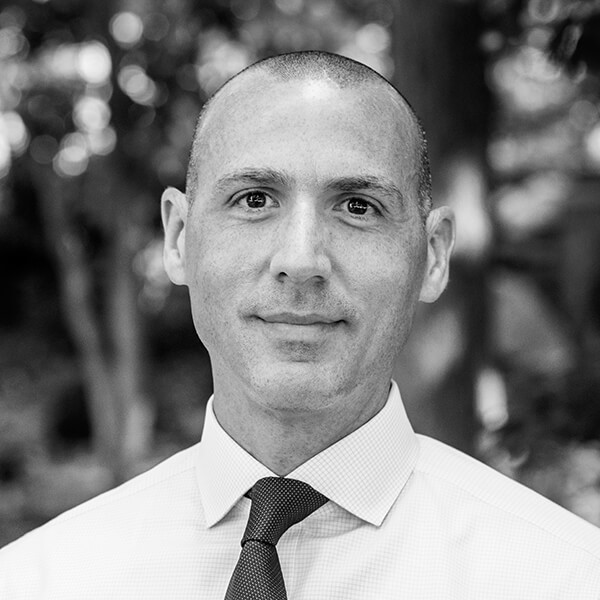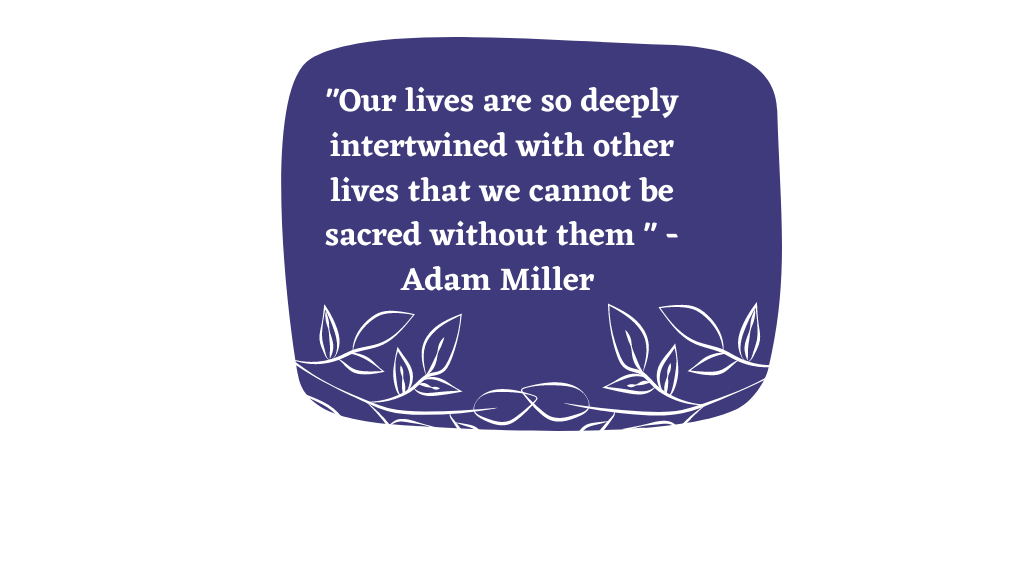
Adam S. Miller, a contemporary Latter-day Saint scholar and author, delivered the BYU Maxwell Institute’s annual lecture on the night of Nov. 12.
In his lecture, titled “The Necessity of God: First person, Present Tense, Imperative Mood”, Miller talked about the interconnectedness of all people and how inherent God is in individual lives.
The Maxwell Institute for Religious Scholarship is a research body comprised of local faculty and visiting scholars who study religion, especially The Church of Jesus Christ of Latter-day Saints. In addition to being the author of ten books, Miller is also a professor of philosophy at Collin College in Texas.
The program began with a welcome statement from Maxwell Institute Executive Director J. Spencer Fluhman. Following an opening prayer and musical number, Miller was introduced by Rosalynde Welch, the associate director of the institute.
Welch affirmed his status as a foundational academic in the field of contemporary Latter-day Saint study and said his thought’s on grace as “infused into the deepest parts of creation” are quite influential.
Miller framed his talk around the story of Tim Farnsworth, the protagonist of the 2010 novel “The Unnamed” by Joshua Ferris. Farnsworth, said Miller, is inexplicably doomed to be constantly walking.
Miller said that all are like Farnsworth, although the crosses we are destined to bear are different — whether it be high blood pressure, low metabolism, back pain or a nut allergy. These things, he said, are not afflictions people chose. Rather, they are a reflection of their tie to matter.
Miller also highlighted the idea that spirit is matter, and that “heaven and the material are not different in kind.” He then asked the audience, if matter is spirit, what would it mean to redeem, rather than evade or deny, matter?
Part of the answer, he said, is to find purpose by connecting to God, by reaching within oneself and within others — and to act vicariously, in love, to accept what cannot change. Miller said individuals’ lives are so deeply connected to other lives that it cannot be their will alone that motivates them to action and fulfillment.
“God is not absent, God is not dead. God is here and now. I am in God. You are in God. God is already in us,” Miller said.
These things we cannot change, much like Farnsworth’s incessant walking, are the exact things all need to learn to love and accept if they want to connect to God and utilize what Miller called the gift of “moral agency.”

BYU student Taylor Scheffield said the lecture gave him a lot to think about. “I’ve never really thought about the implications of spirit being matter. I’ll definitely need to revisit this to really digest it all,” he said.
Fluhman thanked lectures, past and present, for “sharing their minds and hearts” with the Maxwell Institute’s audience. He said Miller’s lecture would be posted on the organization’s YouTube channel and published in the annual report.




